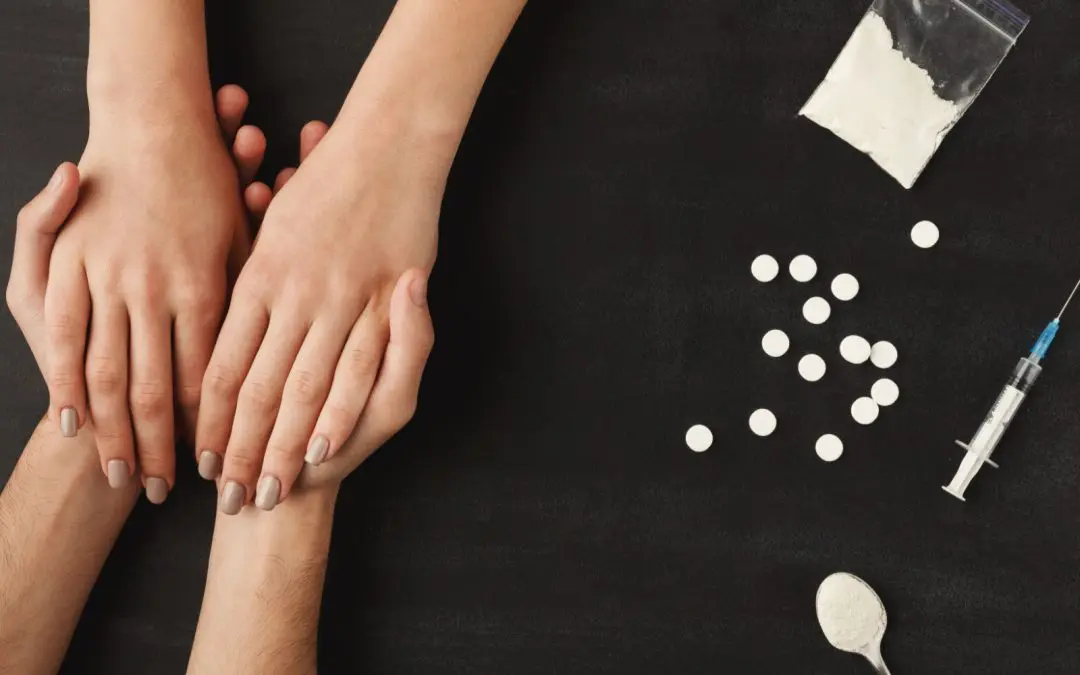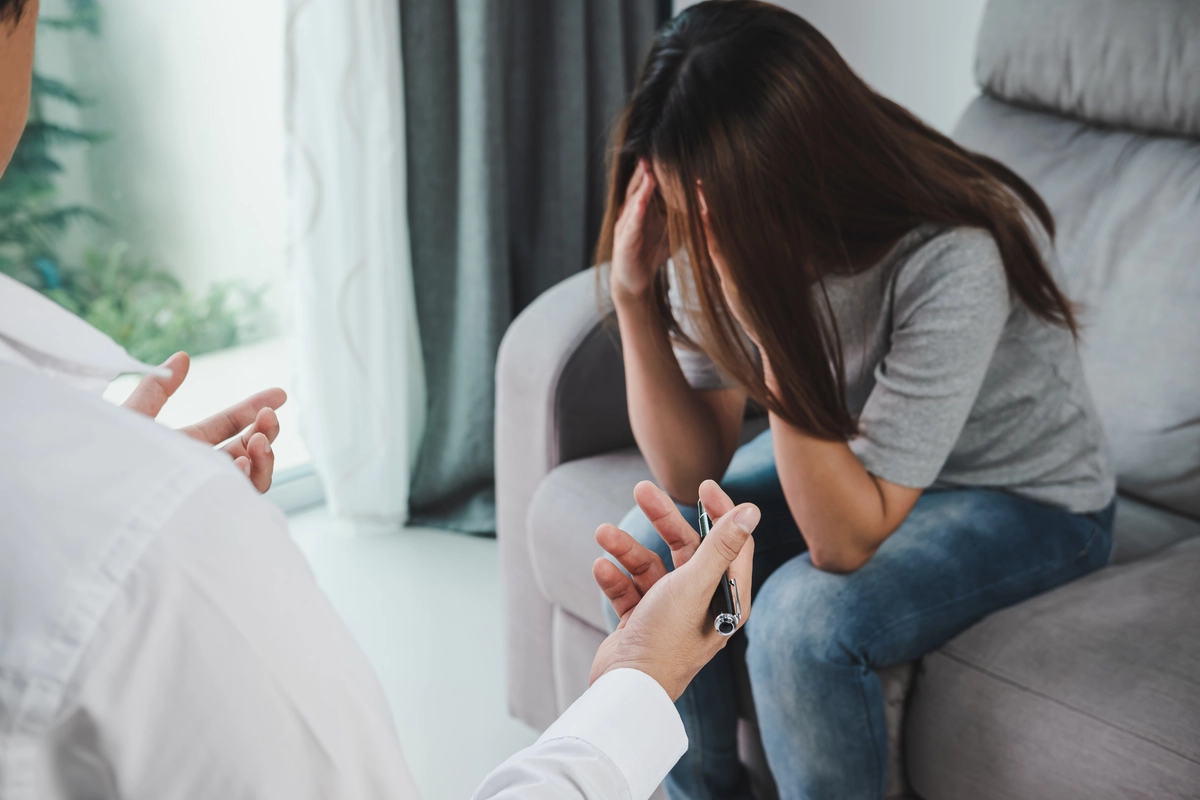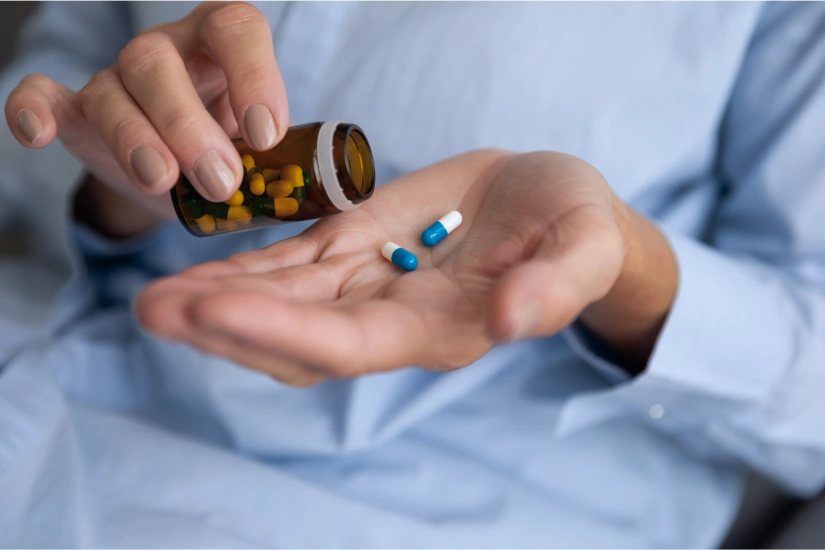24/7 Helpline:
(866) 899-111424/7 Helpline:
(866) 899-1114
Learn more about Depression Treatment centers in Moodys

Other Insurance Options
Beacon

Cigna

Amerigroup

Ceridian

PHCS Network

UnitedHealth Group

Optima

Ambetter

UMR

Kaiser Permanente

Health Partners

Horizon Healthcare Service

Meritain

CareFirst

Choice Care Network

Absolute Total Care

Multiplan

Private insurance

Sutter

MHNNet Behavioral Health









Northeastern Behavioral Health Services
Northeastern Behavioral Health Services is a public rehab located in Tahlequah, Oklahoma. Northeaste...

Creoks Mental Health Services
Creoks Mental Health Services is a private rehab located in Tahlequah, Oklahoma. Creoks Mental Healt...

Cherokee Nation – Behavioral Health Adult Clinic
The Behavioral Health Adult Clinic of Cherokee Nation is a co-occurring addiction treatment center i...









































Redefine U
Redefine U is a private rehab located in Tahlequah, Oklahoma. Redefine U specializes in the treatmen...

People
People Inc. is located in Tahlequah, Oklahoma. People Inc. provides quality community based, habilit...








































